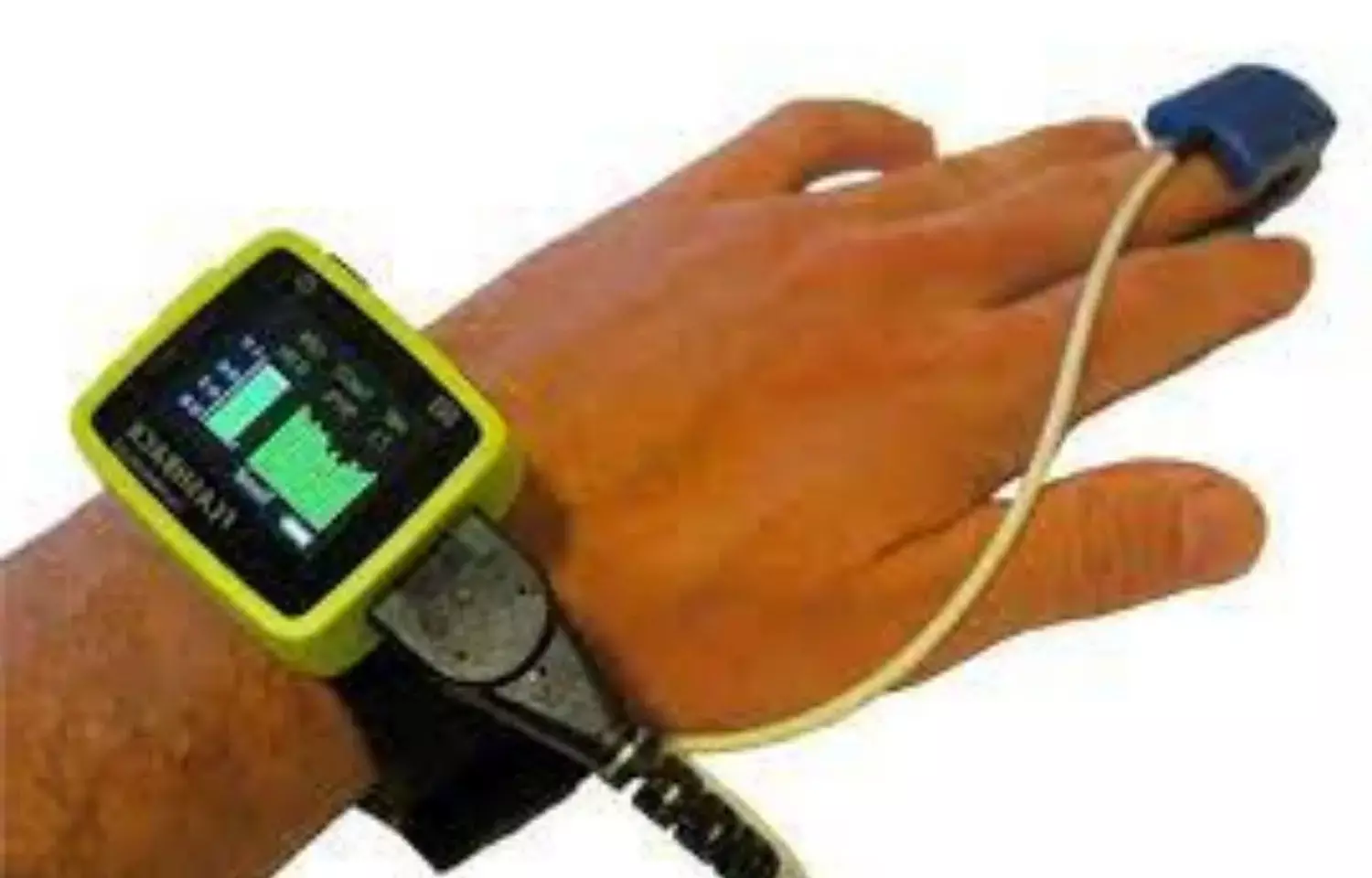- Home
- Medical news & Guidelines
- Anesthesiology
- Cardiology and CTVS
- Critical Care
- Dentistry
- Dermatology
- Diabetes and Endocrinology
- ENT
- Gastroenterology
- Medicine
- Nephrology
- Neurology
- Obstretics-Gynaecology
- Oncology
- Ophthalmology
- Orthopaedics
- Pediatrics-Neonatology
- Psychiatry
- Pulmonology
- Radiology
- Surgery
- Urology
- Laboratory Medicine
- Diet
- Nursing
- Paramedical
- Physiotherapy
- Health news
- Fact Check
- Bone Health Fact Check
- Brain Health Fact Check
- Cancer Related Fact Check
- Child Care Fact Check
- Dental and oral health fact check
- Diabetes and metabolic health fact check
- Diet and Nutrition Fact Check
- Eye and ENT Care Fact Check
- Fitness fact check
- Gut health fact check
- Heart health fact check
- Kidney health fact check
- Medical education fact check
- Men's health fact check
- Respiratory fact check
- Skin and hair care fact check
- Vaccine and Immunization fact check
- Women's health fact check
- AYUSH
- State News
- Andaman and Nicobar Islands
- Andhra Pradesh
- Arunachal Pradesh
- Assam
- Bihar
- Chandigarh
- Chattisgarh
- Dadra and Nagar Haveli
- Daman and Diu
- Delhi
- Goa
- Gujarat
- Haryana
- Himachal Pradesh
- Jammu & Kashmir
- Jharkhand
- Karnataka
- Kerala
- Ladakh
- Lakshadweep
- Madhya Pradesh
- Maharashtra
- Manipur
- Meghalaya
- Mizoram
- Nagaland
- Odisha
- Puducherry
- Punjab
- Rajasthan
- Sikkim
- Tamil Nadu
- Telangana
- Tripura
- Uttar Pradesh
- Uttrakhand
- West Bengal
- Medical Education
- Industry
Compensatory reserve index can predict recurrent shock in severe dengue: Study

Vietnam: In patients with severe dengue, compensatory reserve Index (CRI) may be a useful non-invasive method for monitoring intravascular volume status, states a recent study published in the journal BMC Medicine. It can predict re-shock onset in severe dengue within 12 h of measurement.
The findings imply that CRI can assist in the early detection of re-shock in dengue patients admitted to ICU and could guide individualized fluid resuscitation strategies in these patients.
Dengue shock syndrome (DSS), one of the major clinical phenotypes of severe dengue, is defined by significant plasma leak, leading to intravascular volume depletion and eventually cardiovascular collapse. The compensatory reserve index (CRI) is a new physiological parameter that is derived from feature analysis of the pulse arterial waveform that tracks real-time changes in central volume.
Based on the above, Huynh Trung Trieu, Hospital for Tropical Diseases, Ho Chi Minh City, Vietnam, and colleagues investigated the usefulness of CRI for predicting recurrent shock in severe dengue patients admitted to the ICU.
For this purpose, the researchers performed a prospective observational study in the pediatric and adult intensive care units at the Hospital for Tropical Diseases, Ho Chi Minh City, Vietnam. In addition to the continuous recording of the arterial waveform using pulse oximetry, the patients were monitored with hourly clinical parameters and vital signs. The waveform data was wirelessly transmitted to a laptop where it was synchronized with the patient's clinical data.
The researchers recruited 103 patients with suspected severe dengue. Sixty-three patients had the minimum required dataset for analysis. The median age was 11 years.
Following were the key findings of the study:
- CRI had a negative correlation with heart rate and moderate negative association with blood pressure.
- CRI was found to predict recurrent shock within 12 h of being measured (OR 2.24).
- The median duration from CRI measurement to the first recurrent shock was 5.4 h (IQR 2.9–6.8).
- A CRI cutoff of 0.4 provided the best combination of sensitivity and specificity for predicting recurrent shock (0.66 and 0.86 respectively).
To conclude, "CRI is a useful non-invasive method for monitoring intravascular volume status in patients with severe dengue."
Reference:
Trieu, H.T., Khanh, L.P., Ming, D.K.Y. et al. The compensatory reserve index predicts recurrent shock in patients with severe dengue. BMC Med 20, 109 (2022). https://doi.org/10.1186/s12916-022-02311-6
Dr Kamal Kant Kohli-MBBS, DTCD- a chest specialist with more than 30 years of practice and a flair for writing clinical articles, Dr Kamal Kant Kohli joined Medical Dialogues as a Chief Editor of Medical News. Besides writing articles, as an editor, he proofreads and verifies all the medical content published on Medical Dialogues including those coming from journals, studies,medical conferences,guidelines etc. Email: drkohli@medicaldialogues.in. Contact no. 011-43720751


